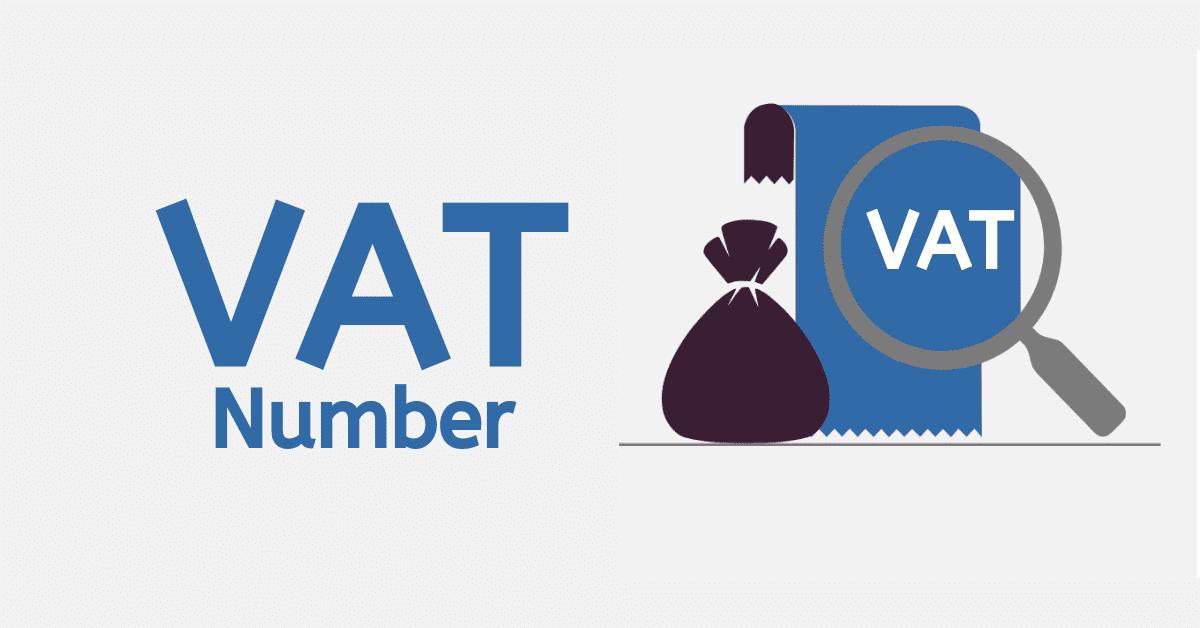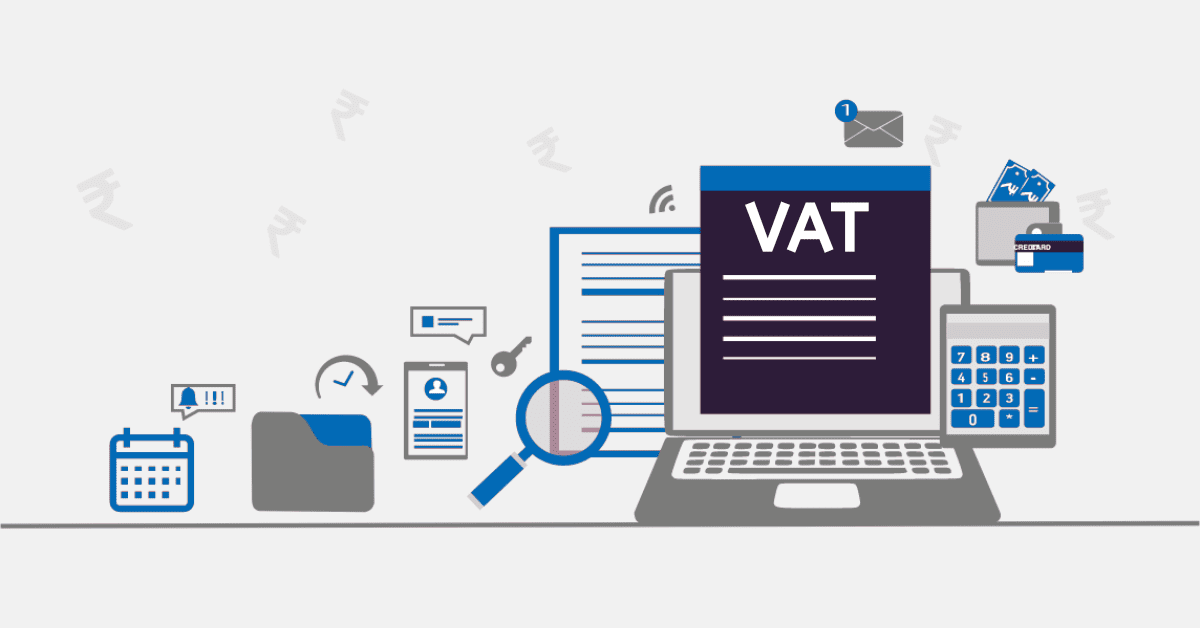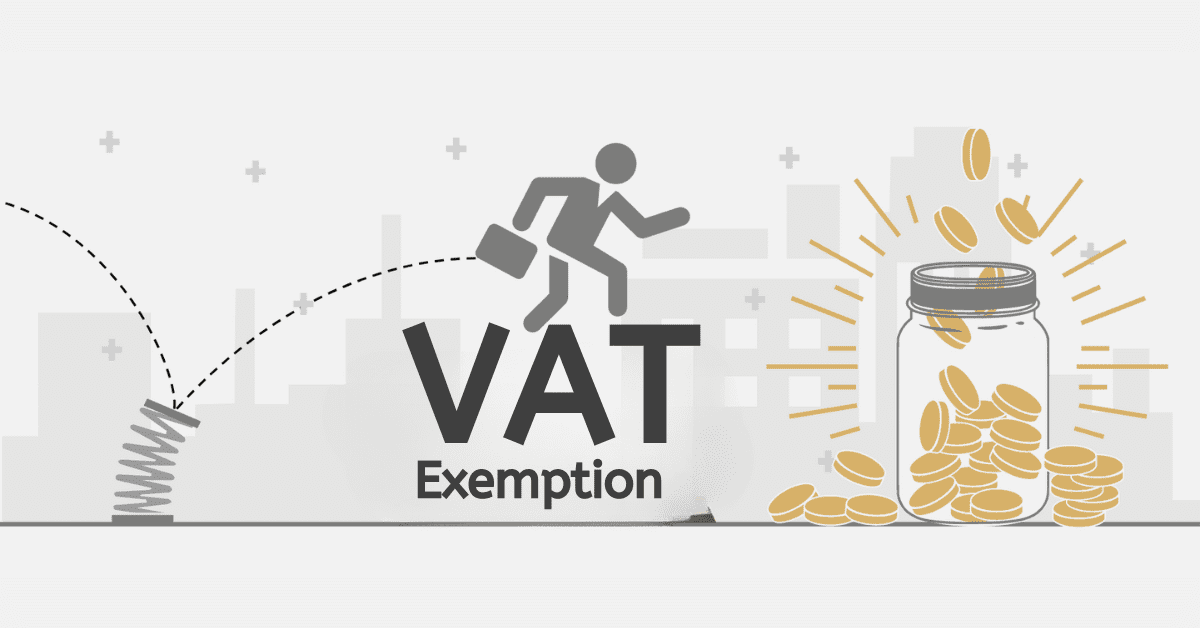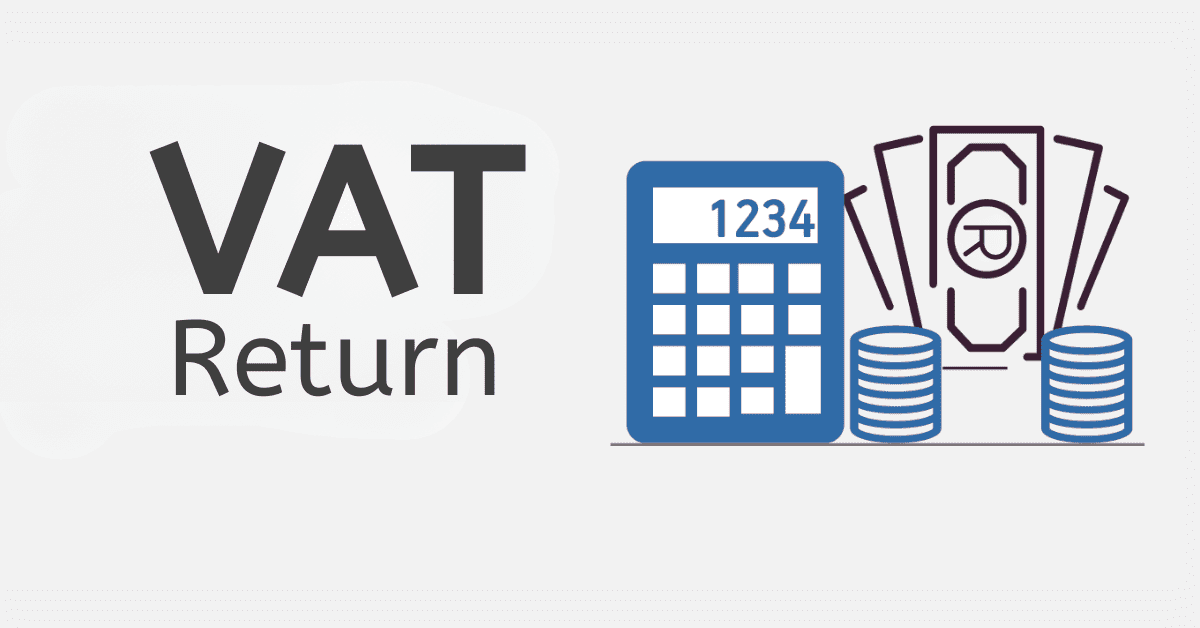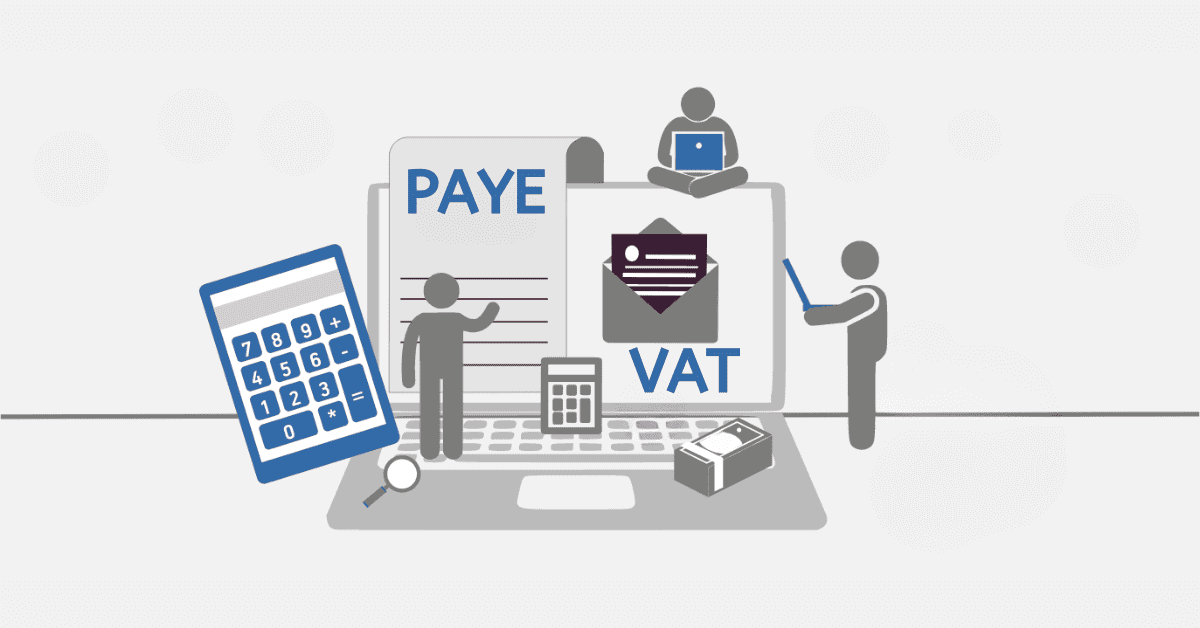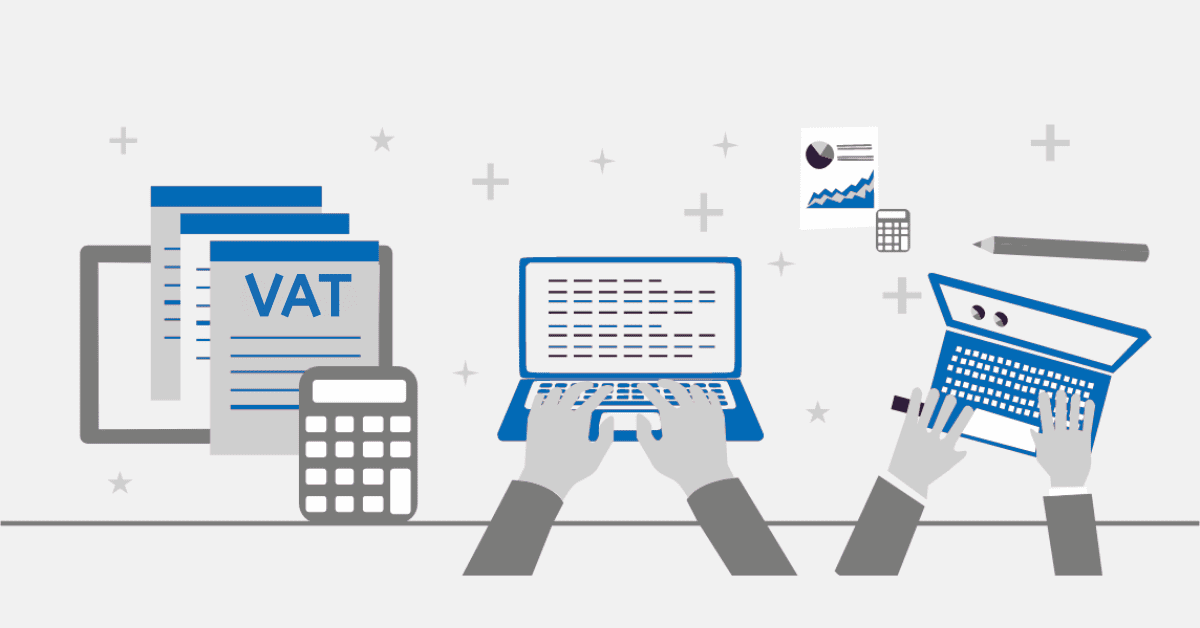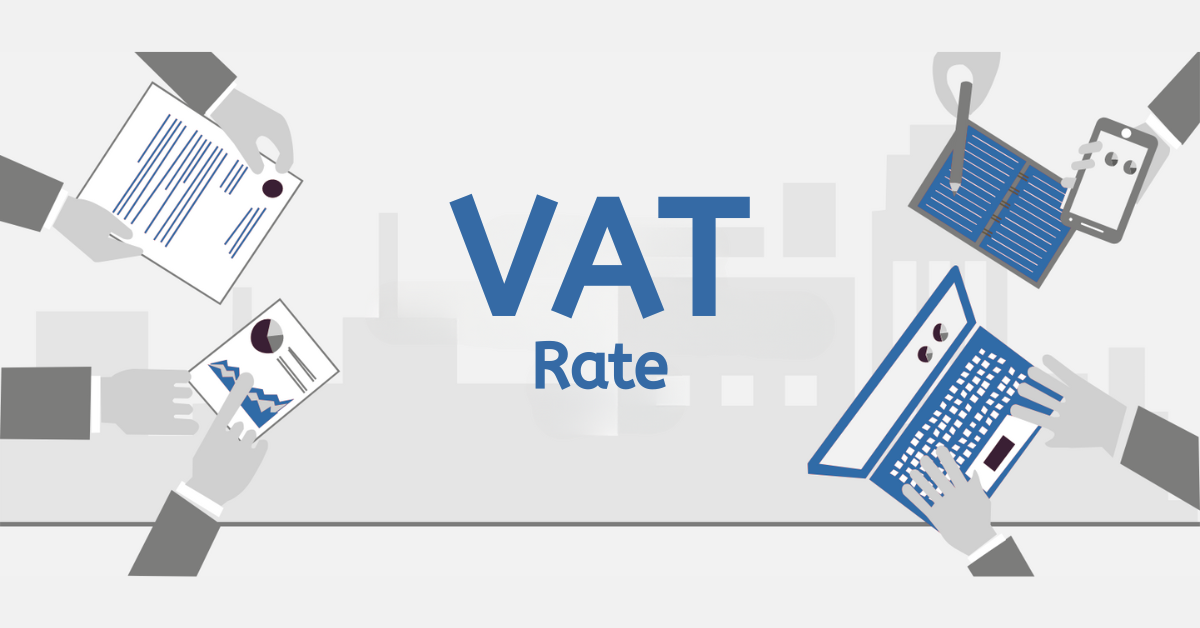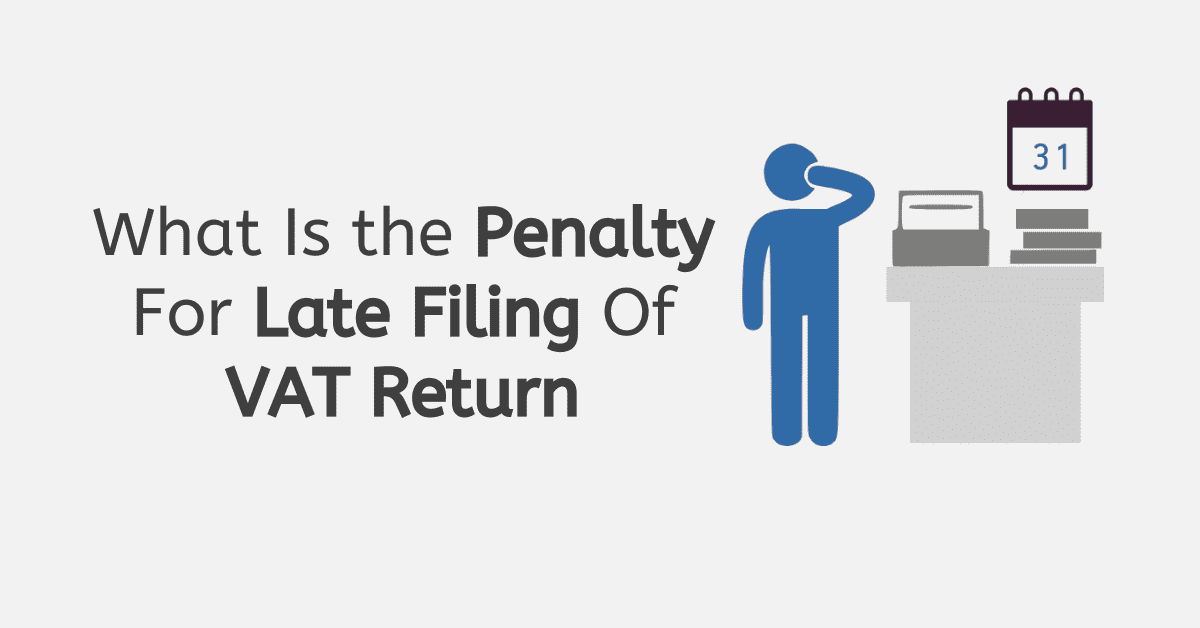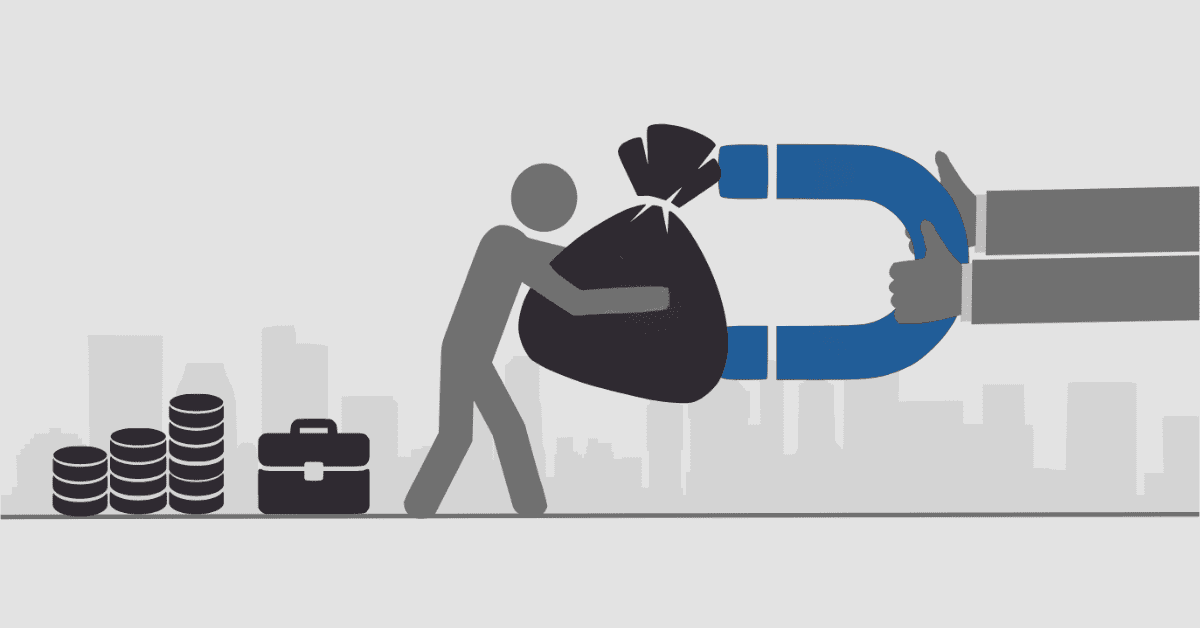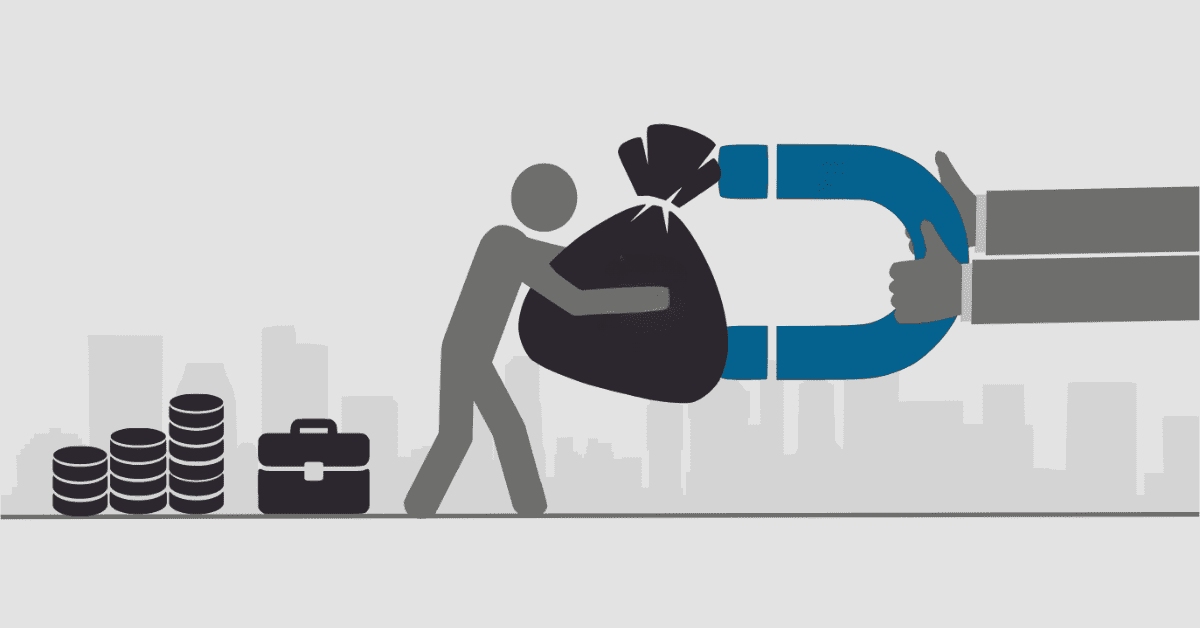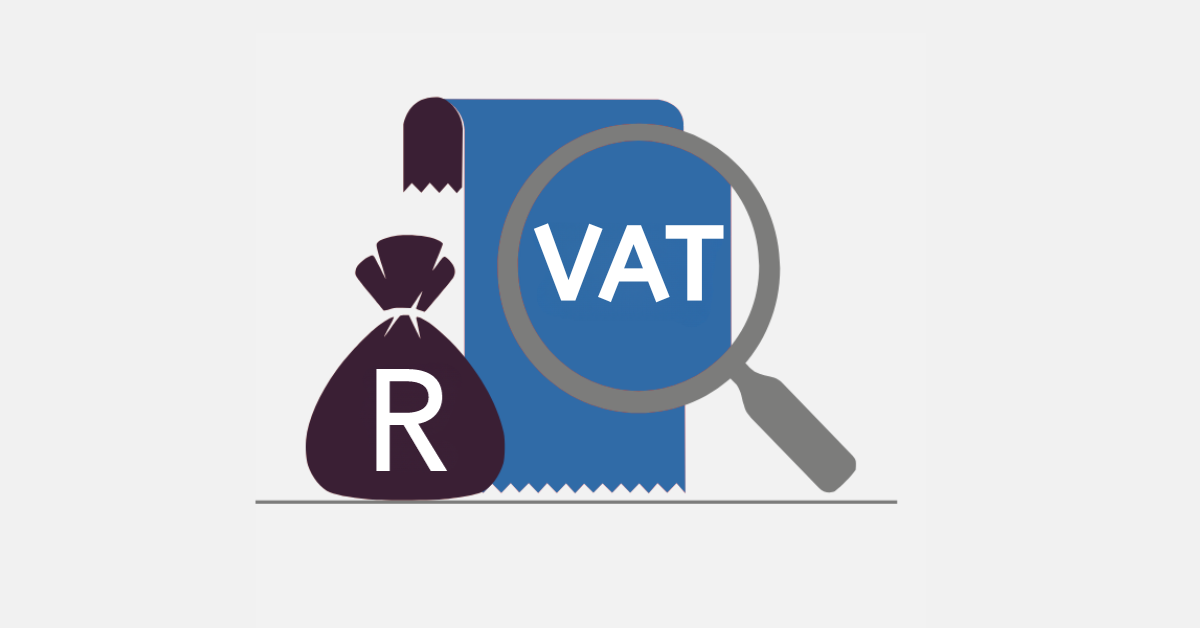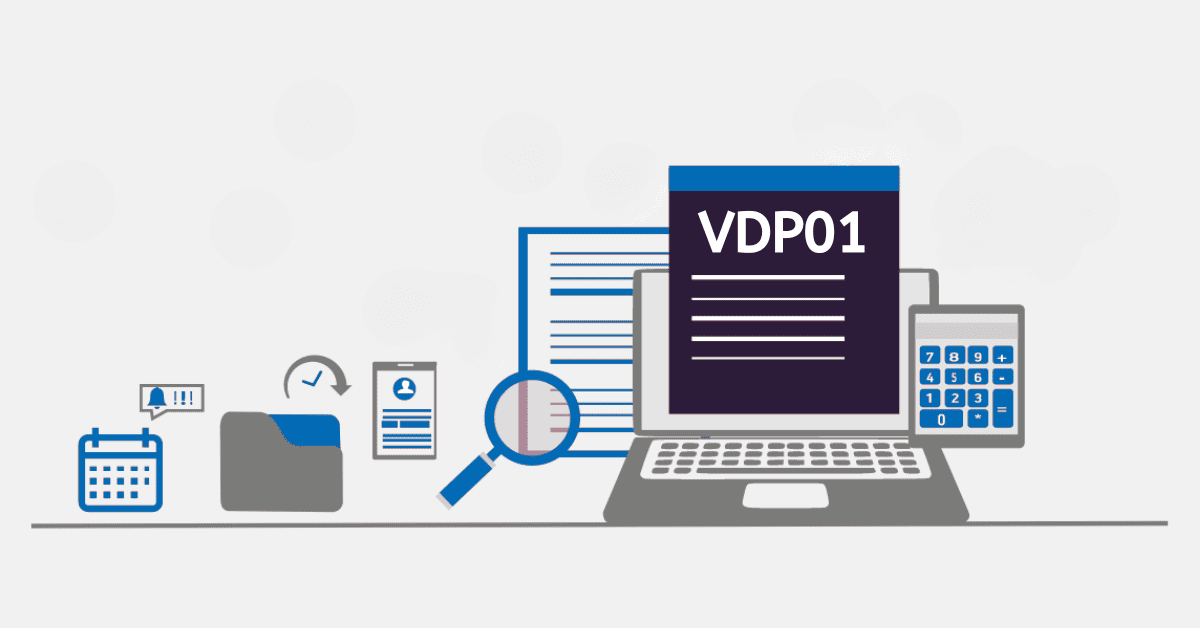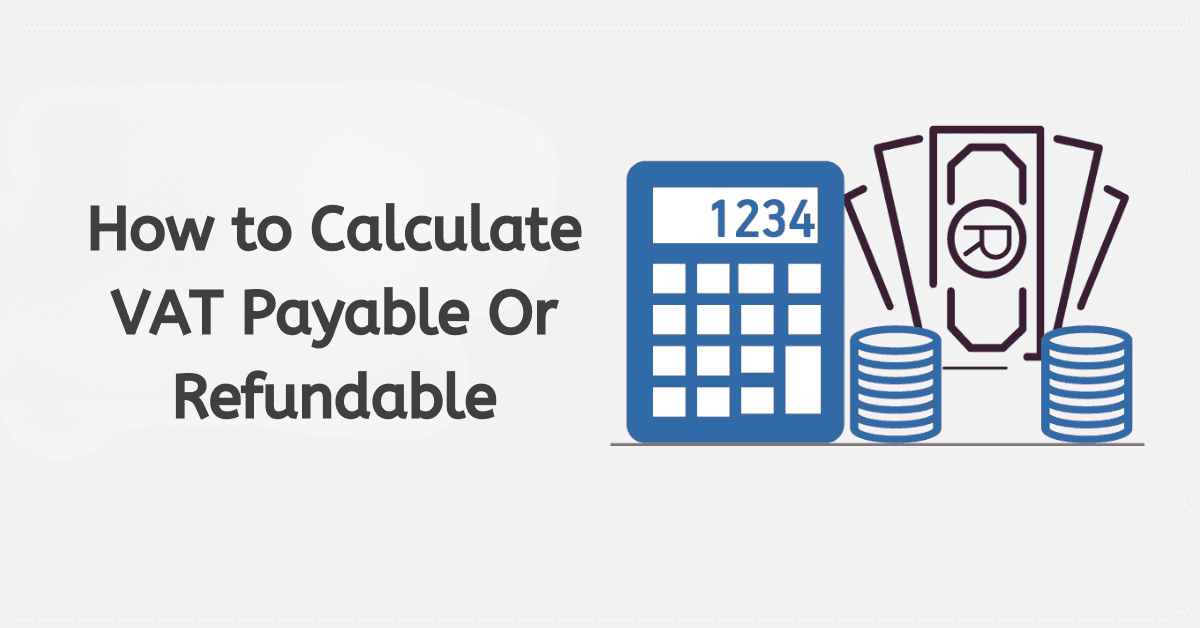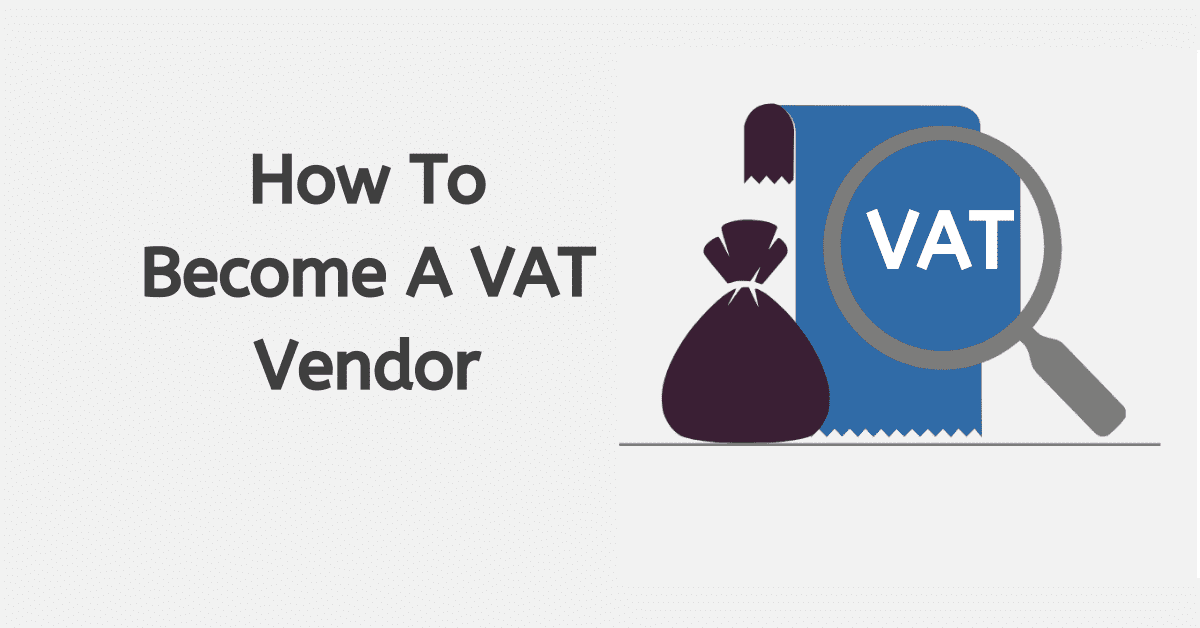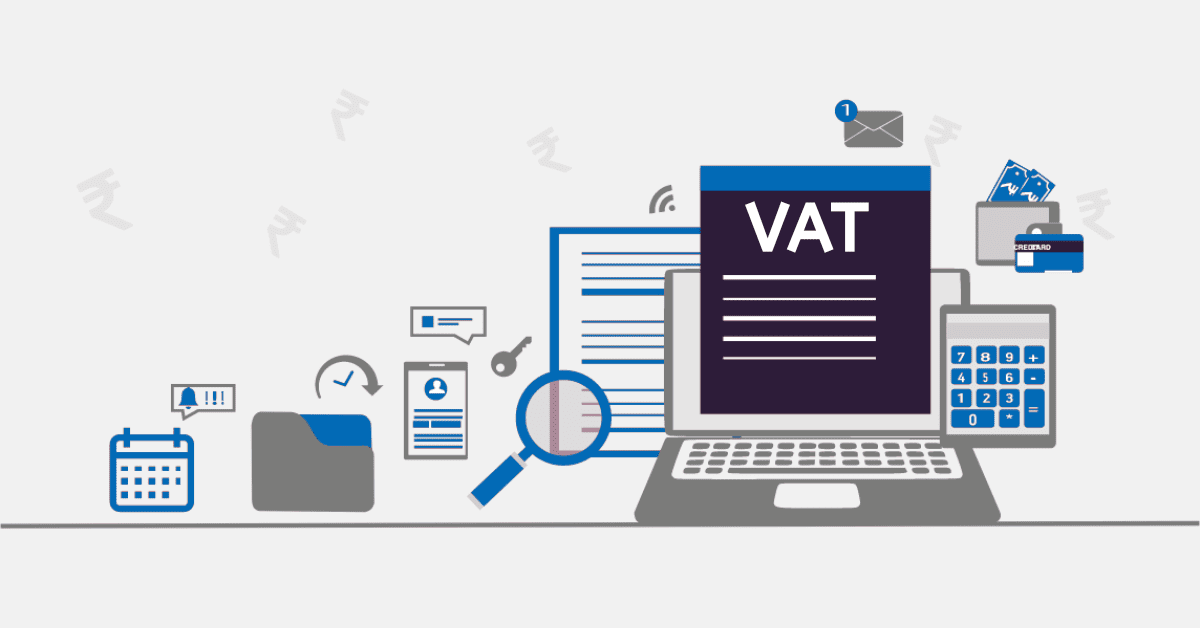If you are interested, I’d like to share a recent change that has been made to South Africa’s Value Added Tax (VAT) system. Take a moment to picture this: Government Gazette 46512 was scheduled for release on June 8, 2022. A major shift is occurring in the precious metals sector as a result of the introduction of the VAT Domestic Reverse Charge (DRC). Because of this breakthrough, the management and control of precious metals will be completely transformed.
Because of this change, Value Added Tax (VAT) is now handled very differently in gold and silver deals. The circumstance can be likened to an unanticipated turn of events in the VAT narrative. The DRC Regulations, which were enacted on July 1, 2022, can be likened to the new guidelines guiding the current activities.
May you want to know the reason for that shift. The value-added-tax system is currently facing threats, and the shift happend to shield this system and ensure the previously spotted abuses in the precious metals market have been corrected. As a barrier, it keeps unwanted intruders out and keeps the VAT system running smoothly.
What is the VAT Reverse Charge in South Africa?
Specifically, when it comes to valuable metals, the responsibility for accounting and paying VAT does a bit of a switcheroo. Instead of the supplier handling it, the baton is passed to the recipient. But here’s the catch – this only applies when both the supplier and the recipient are registered VAT vendors.
This method is prescribed by the Domestic Reverse Charge (DRC) Regulations. It’s like a rulebook for supplies of valuable metals. The aim? To ensure transparency and combat fraudulent activities in the VAT system. It’s like a watchdog, keeping an eye on things and making sure everything is above board. Quite a game-changer, isn’t it?
How Does Reverse Charging Work VAT?
Under these rules, the responsibility for VAT on transactions involving valuable metals does a bit of a switcheroo. Instead of the supplier handling it, the baton is passed to the recipient.
But here’s the catch – this change comes with some homework for both parties. If you’re a supplier or recipient involved in buying and selling valuable metals, you’ll need to re-validate your VAT registration status with the South African Revenue Service (SARS).
Think of it like a check-up, making sure everything’s in order. This re-validation process could involve confirming participation in the DRC, ceasing business activities, or even permanently stopping such supplies. So, gear up and get ready to navigate the world of VAT under the DRC Regulations.
What Are the Benefits of Reverse VAT?
VAT Domestic Reverse Charge (DRC) on valuable metal transactions is like a superhero swooping in to save the day! Its superpower? Serving as an effective shield against criminal attacks on the VAT system and tackling malpractices in the valuable metals industry.
But that’s not all. The DRC also enhances transparency and accountability in VAT transactions. It’s like a pair of glasses that lets everyone see clearly, contributing to the overall integrity of the taxation system.
And here’s the plot twist – by shifting the responsibility to the recipient, the DRC Regulations create a system that’s more resilient to fraudulent activities. It’s like building a fortress that’s impervious to attacks, ultimately benefiting both the government and compliant businesses.
Who Pays Reverse Charge?
Picture this: You’re the supplier and you’ve got a recipient eager for your valuable metals. Your first task? Issue a tax invoice indicating that the supply is subject to the DRC. It’s like sending out an official invitation to the VAT party.
But here’s the twist – the VAT charged on the supply isn’t included in the amount due by the recipient. It’s like having a party where the guests bring their own snacks.
Now, let’s switch over to the recipient. Armed with a valid tax invoice, they declare and pay the VAT amount in the tax period corresponding to the time of supply. It’s like RSVPing to the party and showing up with snacks in hand.
So, there you have it! The VAT reverse charge – a dance between the supplier and the recipient, each playing their part in the grand VAT party.
What is Required on a VAT Invoice for a Reverse Charge?
Picture this again: You’re the supplier in a transaction subject to the VAT Domestic Reverse Charge. Your first task? Issue a tax invoice that clearly states:
- The supply is subject to the DRC.
- The VAT charged on the supply isn’t included in the amount due by the recipient.
- A statement that the VAT charged must be accounted for and paid by the recipient on your behalf.
It’s like sending out an official invitation to the VAT party.
Now, let’s switch over to the recipient. Armed with a valid tax invoice, they declare and pay the VAT amount in the tax period corresponding to the time of supply. It’s like RSVPing to the party and showing up with snacks in hand.
Final Thoughts
The VAT Domestic Reverse Charge (DRC) in South Africa is a game-changer in the VAT system, specifically targeting valuable metal transactions. Think of it as a strategic move in the game of VAT, effective from 1 July 2022.
The DRC redefines the dynamics of VAT transactions. It’s like a plot twist where the responsibility for payment shifts from the supplier to the recipient. It not only enhances transparency and accountability but also tackles challenges in the valuable metals industry head-on.
Now, if you’re a business involved in buying and selling valuable metals, you’ve got some homework to do. You’ll need to stick to the regulations, re-validate your registration status, and tweak your invoicing and accounting systems to comply with the DRC mechanism.
